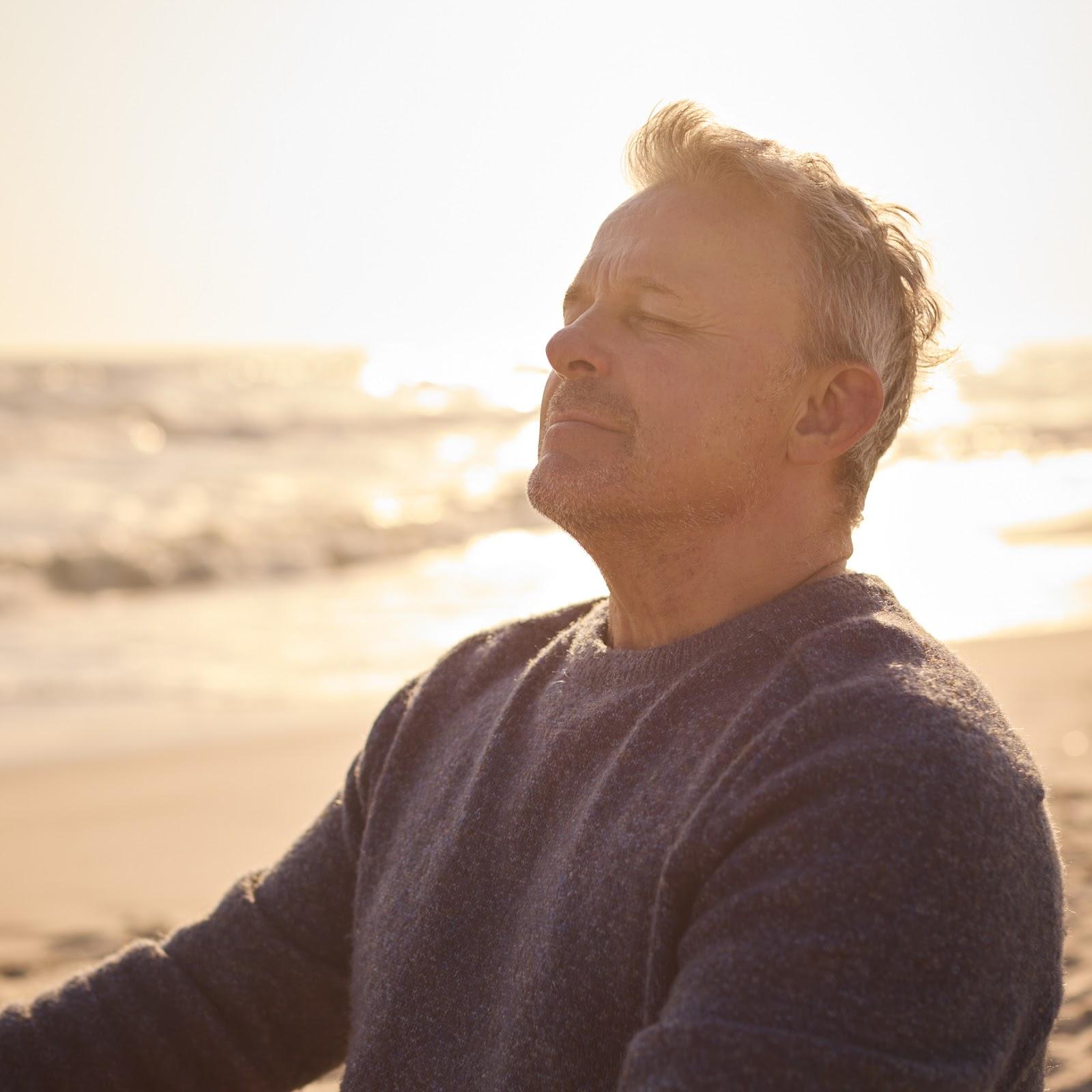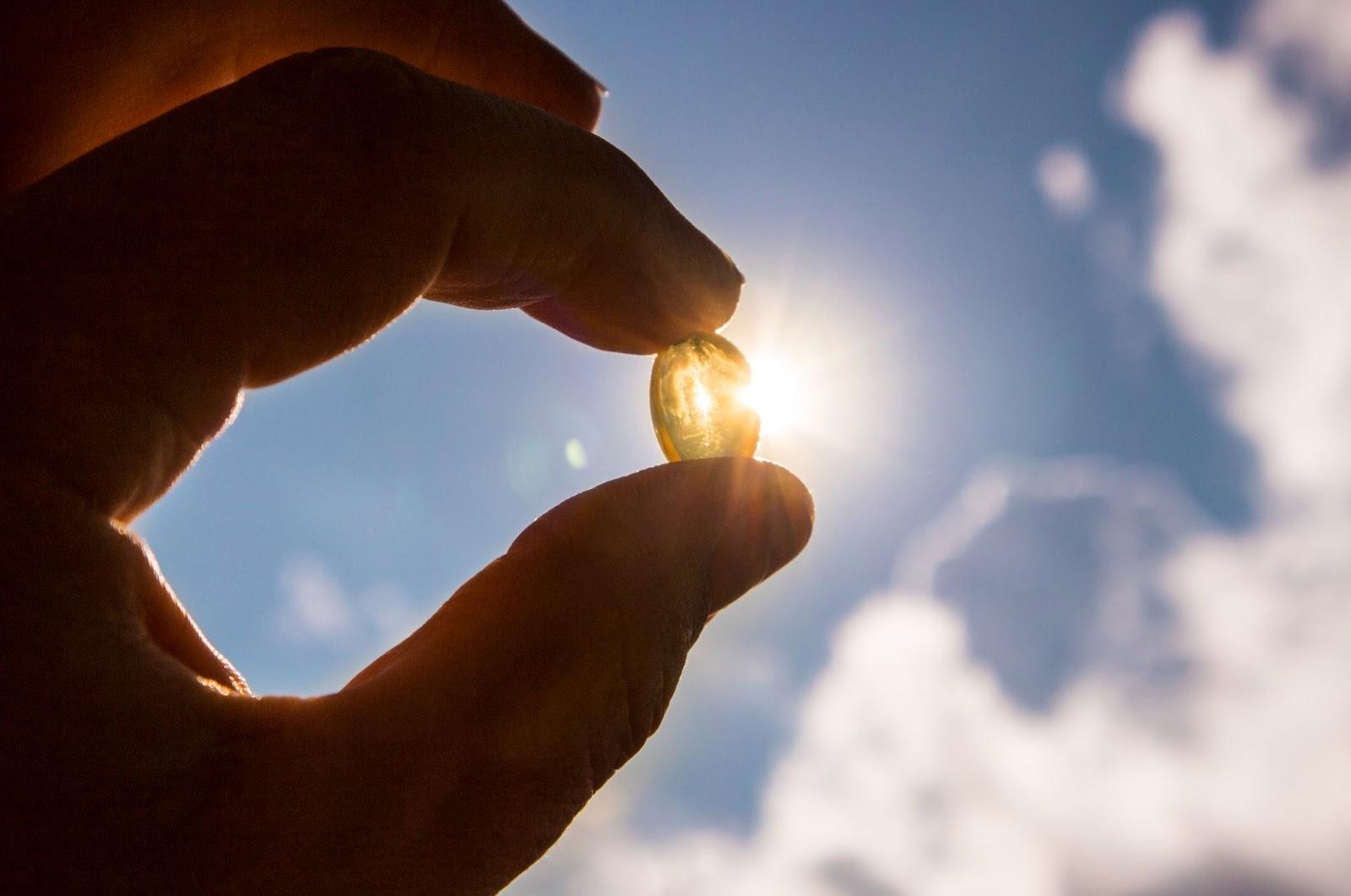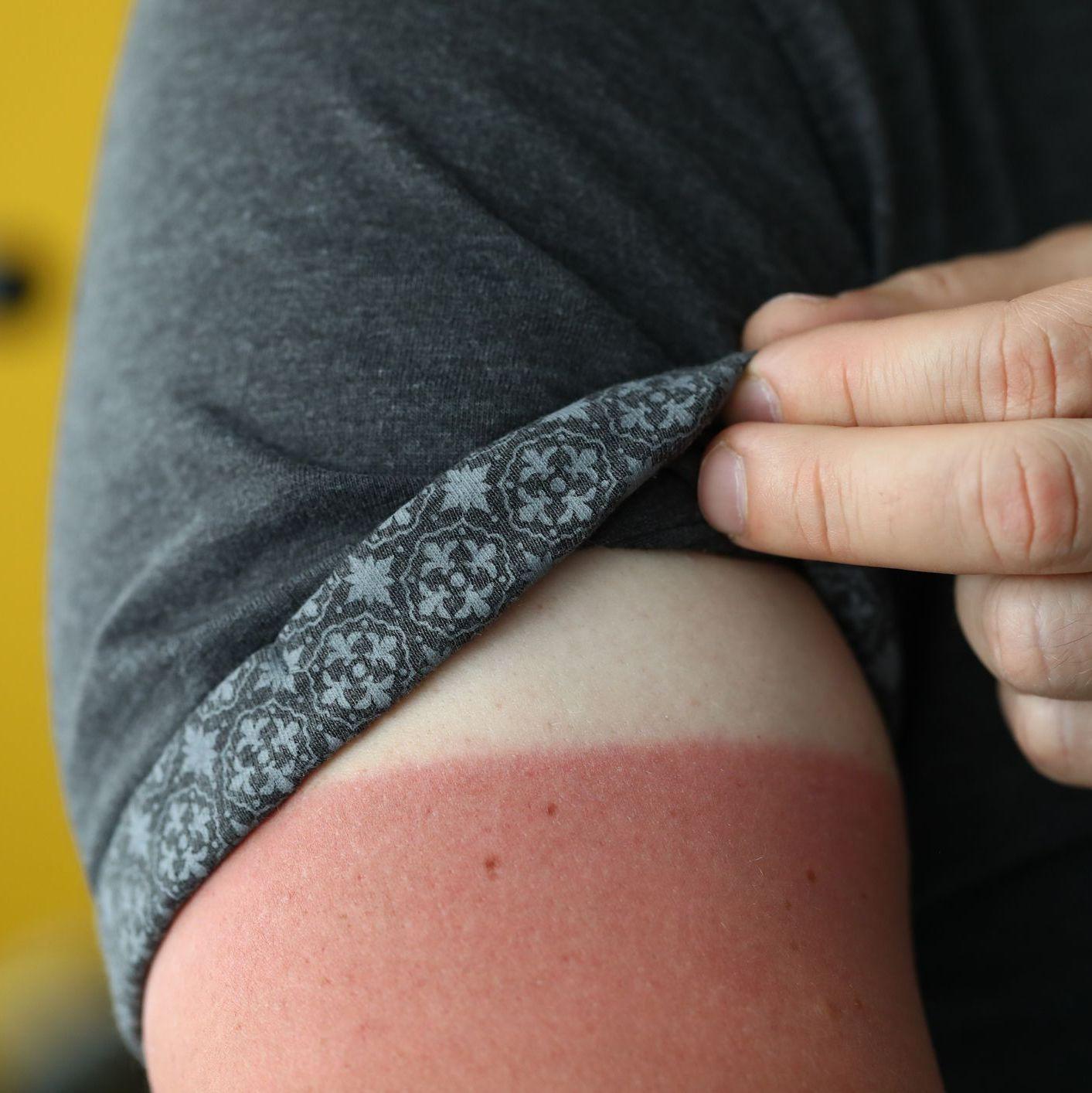Each summer, the longer days and warmer weather naturally draw people outside, but did you know that the sun may play a role in men’s hormonal health, too? As men look for natural ways to feel stronger, more energized, and more motivated, one recurring question is: does sunlight increase testosterone?

The answer is nuanced. While some research does show a link between vitamin D and testosterone, the relationship tends to be correlational rather than definitively causal. However, that doesn’t mean more sun is always better. With UV exposure comes potential risks, especially in the summer months, when sun intensity peaks.
Let’s break down what science says about the connection between sun exposure, vitamin D, and testosterone levels and how men can strike the right balance between hormonal health and sun safety.
The Vitamin D–Testosterone Connection
Vitamin D is well known for its role in supporting bone health, immune function, and mood. However, more recently, studies have suggested that vitamin D may also play a role in maintaining healthy testosterone levels in men.
In a 12-month randomized controlled trial published in Hormone and Metabolic Research, 54 men received either a daily vitamin D supplement or a placebo. The group taking 3,332 IU of vitamin D daily showed a statistically significant increase in total, bioactive, and free testosterone levels compared to the placebo group.
But is vitamin D the cause, or just a contributor? While the exact mechanism is still being studied, vitamin D receptors are present in many tissues throughout the body, including the testes. This suggests a potential direct role in hormonal regulation.
Can Sunlight Really Boost Testosterone?
Naturally, the next question is: If vitamin D helps support testosterone, and sunlight boosts vitamin D, does sunlight increase testosterone too?

Sunlight, specifically UVB rays, triggers the skin to synthesize vitamin D. Research suggests that getting between 5-30 minutes of direct sun exposure per day (with at least 40% of skin exposed) can help maintain healthy vitamin D levels.
For those who live in northern latitudes or spend much of their time indoors, sun exposure can be an important source of this essential nutrient.
That said, the increase in testosterone from sunlight likely occurs indirectly, by improving vitamin D status, rather than as a direct result of UV exposure itself.
For men with adequate vitamin D levels, the hormonal benefit of extra sun exposure may be minimal. However, for those with low or borderline levels, limited sun exposure could be one piece of the puzzle.
What About Vitamin D Supplements?

Since sunlight isn’t always consistent or safe, many men turn to supplements. Taking a vitamin D supplement for testosterone support may be especially beneficial for men who:
- Live in areas with long winters or limited sun exposure
- Work indoors during daylight hours
- Have darker skin (which reduces vitamin D synthesis from UV rays)
- Are over age 50, when natural vitamin D production declines
Supplementation provides a controlled and safe way to increase vitamin D without the risks of excessive sun exposure. Most experts recommend testing your vitamin D levels first and working with your healthcare provider to determine the right dose if supplementation is needed.
Why Too Much Sun Isn’t the Answer
While getting some sunlight can be beneficial, it’s important to remember that UV rays also pose serious risks, especially in the summer. The two main types of ultraviolet radiation are:

Ultraviolet A rays (UVA): These penetrate deep into the skin and contribute to premature aging, wrinkles, and skin cancer.
Ultraviolet B rays (UVB): These are responsible for sunburn and also play a role in skin cancer, but they are also the rays that stimulate vitamin D production.
Striking the right balance is key. Prolonged or intense exposure to UVB rays without protection increases your risk of sunburn and long-term skin damage, even if you’re technically boosting vitamin D at the same time.
This is why dermatologists recommend:
- Wear sunscreen every day for UV protection, especially during peak hours (10 AM to 4 PM)
- Use a broad-spectrum sunscreen that protects against both UVA and UVB rays, with at least SPF 30.
- Remember to reapply every two hours, especially if you’re sweating or swimming.
Healthy Sun Habits: How to Support Testosterone Without Sacrificing Skin Health
Here are a few simple steps you can take to optimize your hormone health this summer while keeping your skin safe.
1. Get Controlled Sun Exposure
Spend about 20 minutes outside each day, with arms and legs exposed, ideally before 10 AM or after 4 PM when the sun’s rays are less intense. Don’t wait until your skin turns red; if you’re fair-skinned, you may need less time.
2. Use Sunscreen Strategically
After your brief sun exposure, apply sunscreen for UV protection to all exposed skin. Choose a formula labeled “broad-spectrum” to block both UVA and UVB rays. This protects your skin from damage without canceling out your earlier vitamin D boost.
3. Consider a Vitamin D Supplement
If you’re unable to get regular sun and a blood test indicates low vitamin D levels, adding a vitamin D supplement may help. Ask your provider about dosage based on your specific levels.
4. Monitor Symptoms Holistically
Low testosterone symptoms can mimic other health issues. If you’re noticing persistent fatigue, low mood, or changes in muscle mass, it’s important to speak to your doctor. While low vitamin D may be a factor, it’s not the only one.
Ask your doctor to test your hormone levels, or click here to order an at-home men’s health panel.
So, Does Sunlight Increase Testosterone? It Depends
In short, sunlight may help increase testosterone indirectly by improving vitamin D levels in men who are deficient. But overexposure comes with risks that outweigh the potential benefit.
The smarter, safer path is to combine brief, mindful sun exposure with proper UV protection and supplementation when needed. If you’re concerned about symptoms like low energy, mood changes, or muscle loss, don’t just assume the sun will solve it. Get your hormone levels checked and work with a provider who understands the full picture.
Want more insight on men’s health and testosterone? Sign up for our newsletter to get updates straight to your inbox.
.svg)


.svg)






